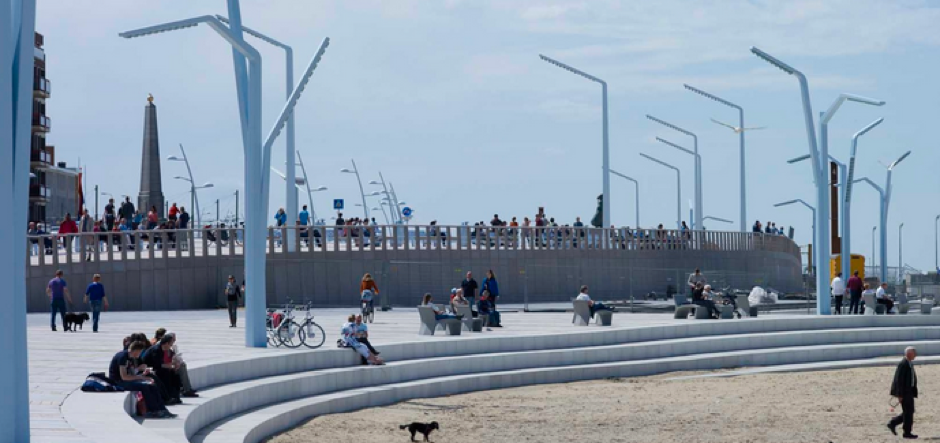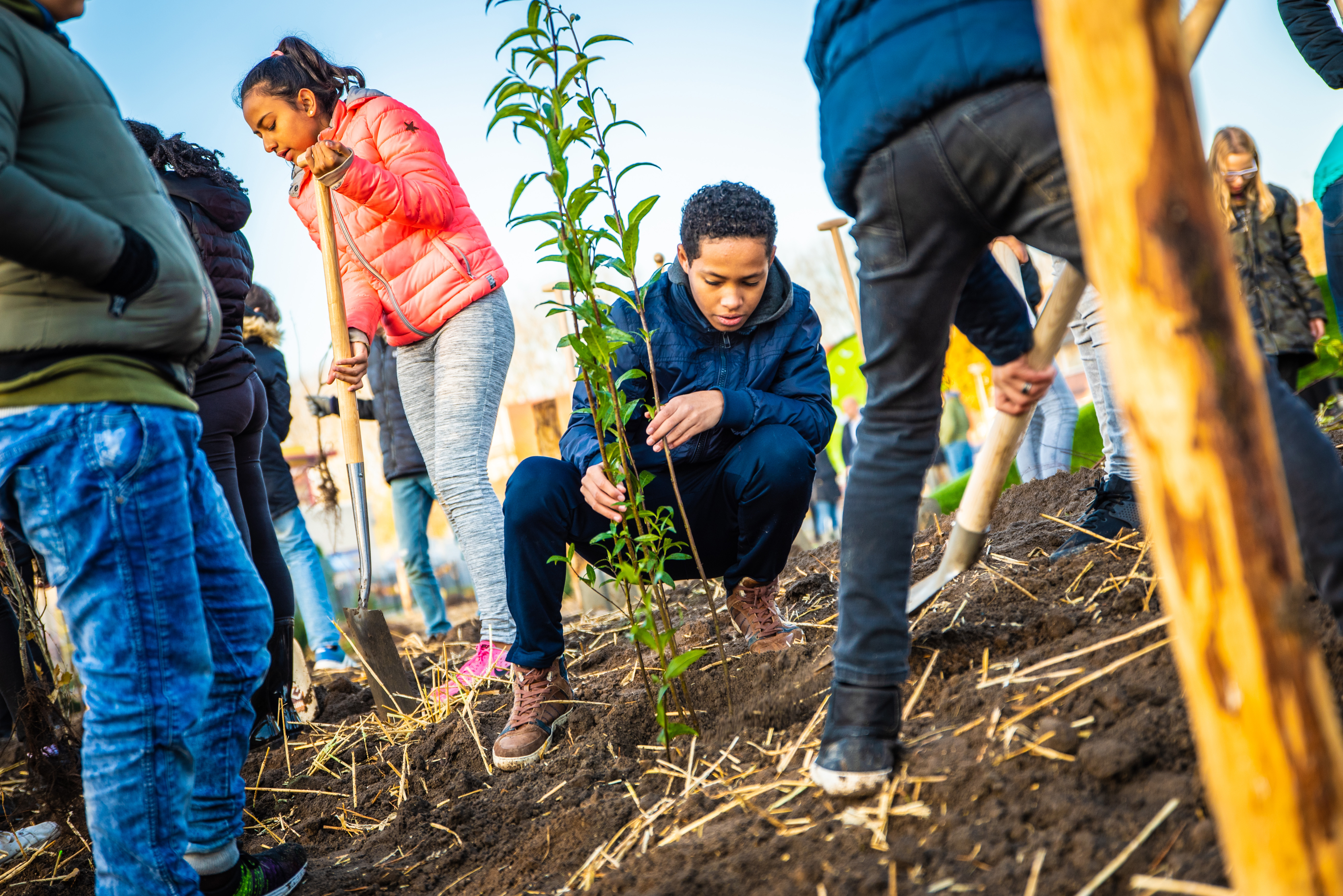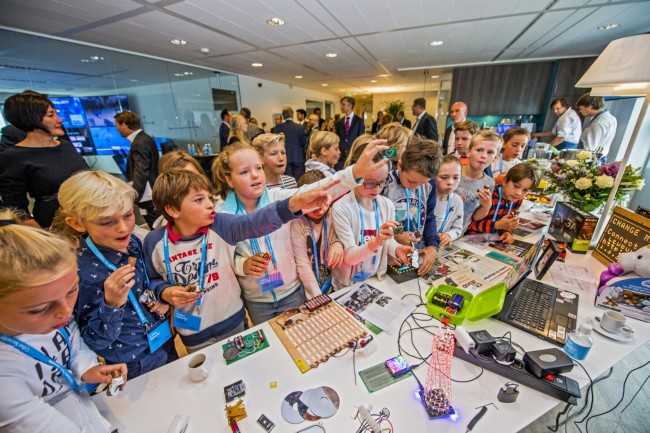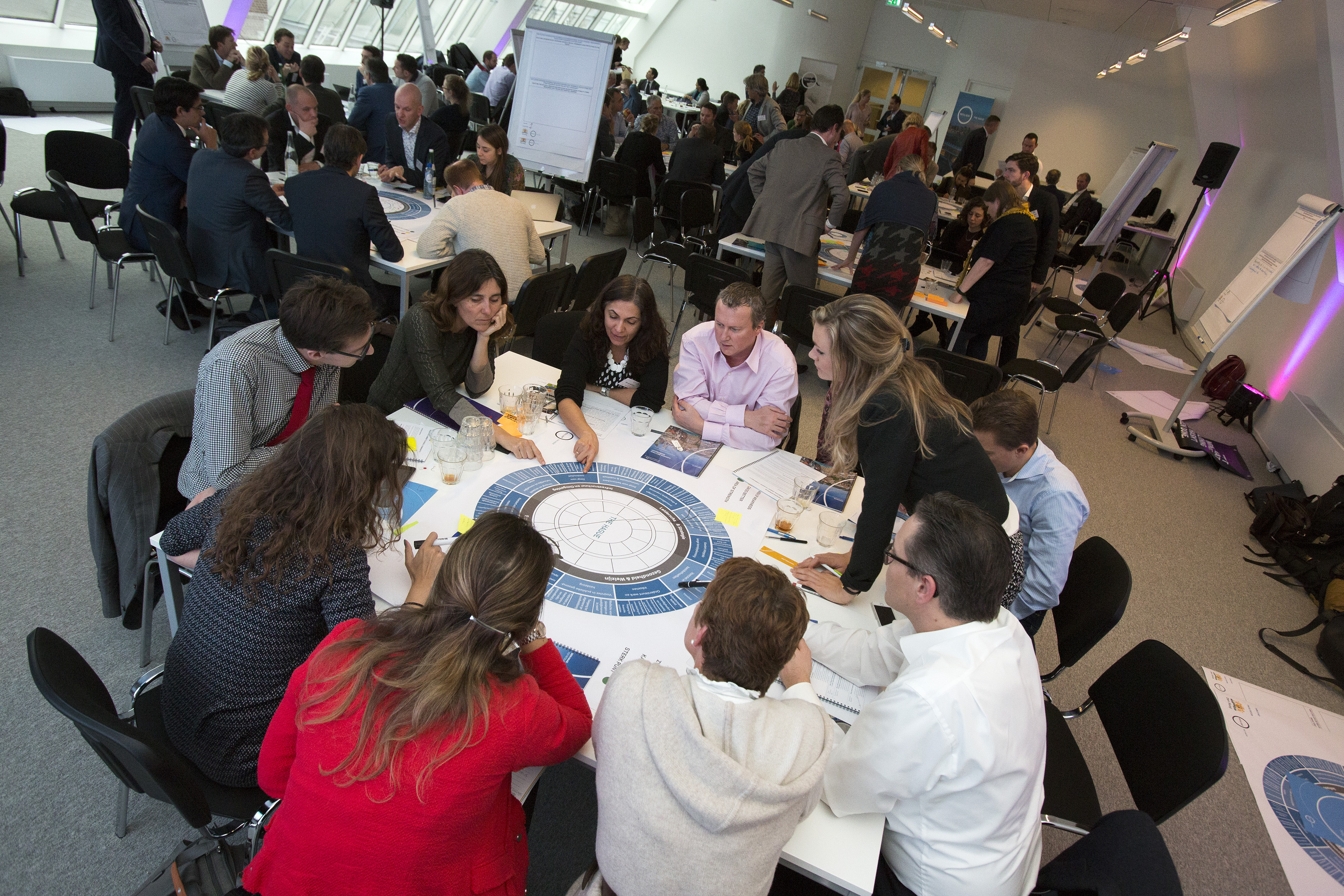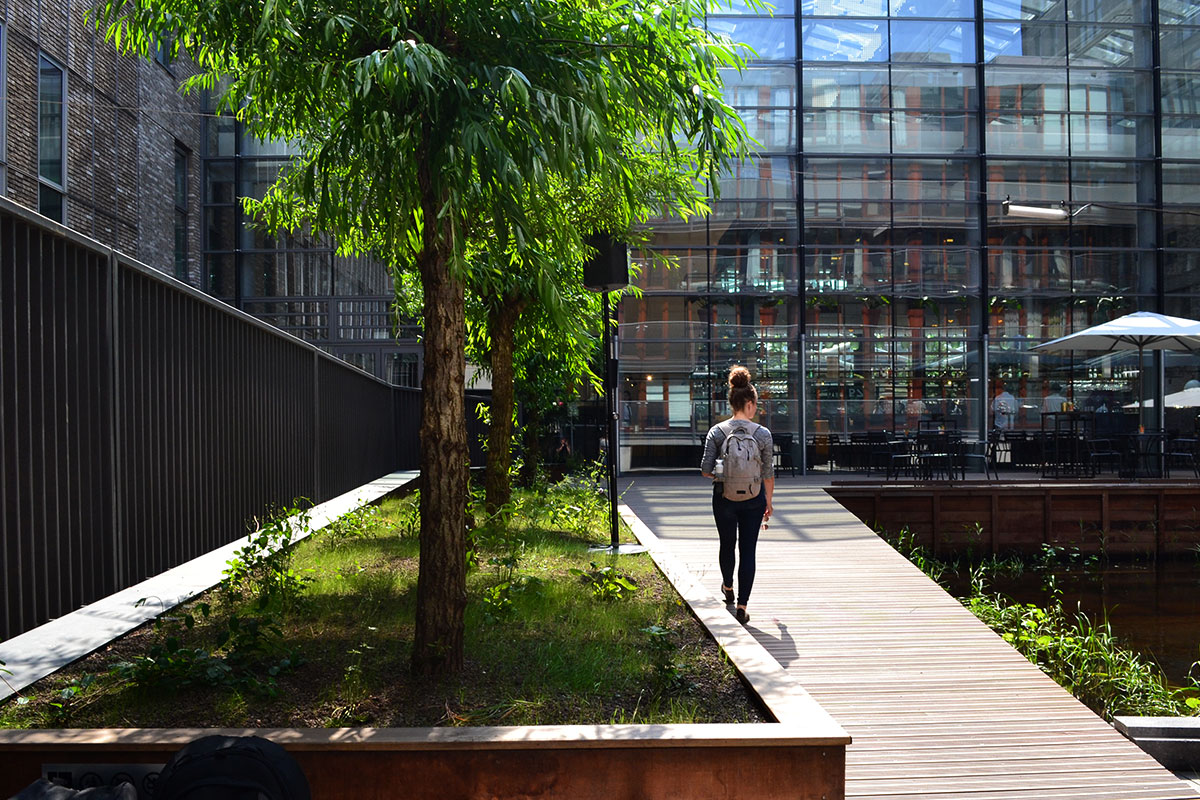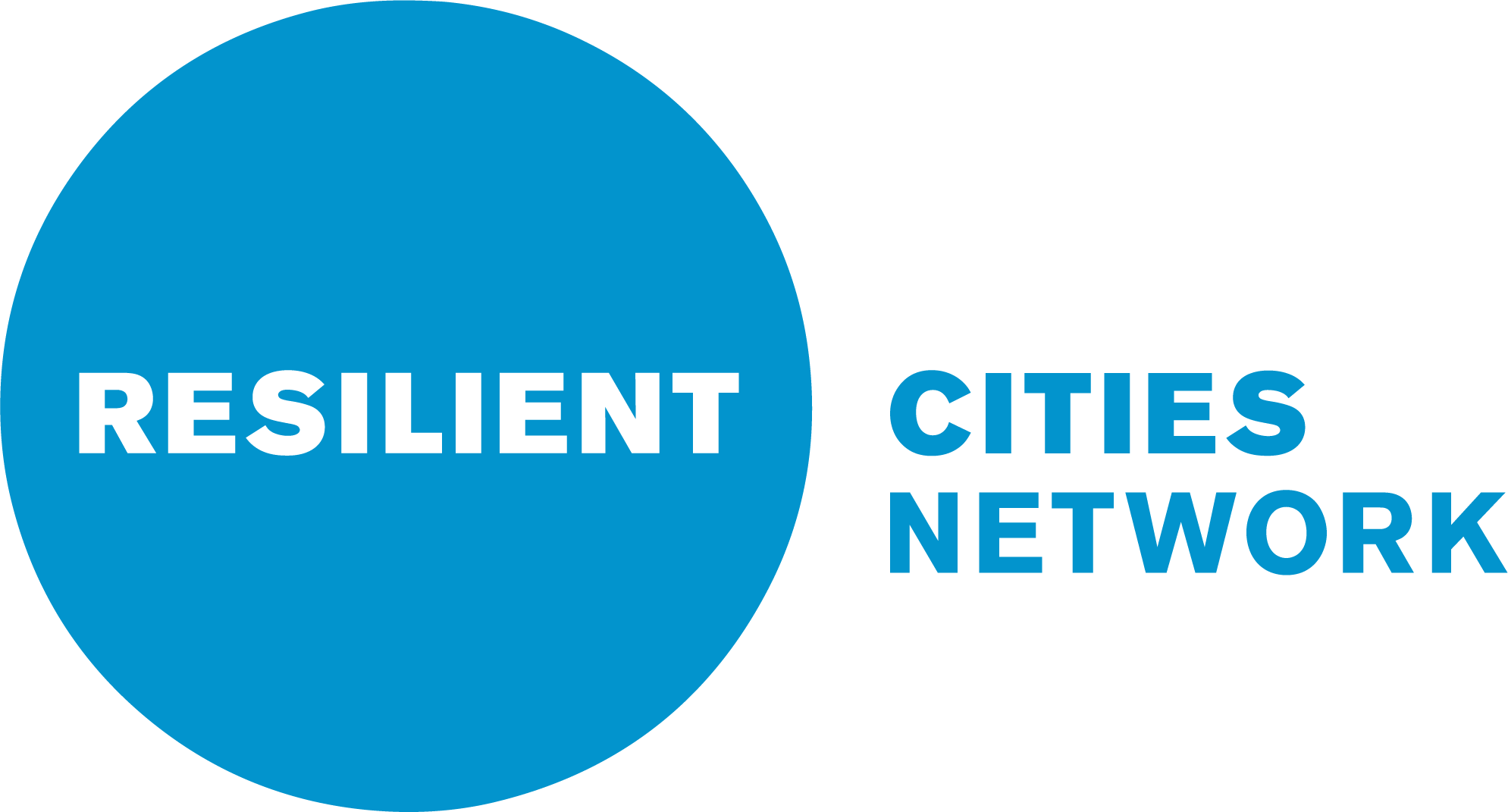Opportunities
Resilient The Hague has translated the challenges of The Hague into five opportunities to increase the city's resilience. These five resilience opportunities should not be viewed in isolation and are often interconnected. We embrace this complexity as it gives the possibility for one initiative to link to multiple resilience opportunities and have multiple benefits.
Ensuring a connected and inclusive society
The Hague is a city that shows itself on the world stage, promoting values such as justice, peace and security. In order to make our city strong and more resilient, we must pay attention to current and new social issues. This requires an integrated approach with regard to policy on the physical environment, such as housing, mobility and public space. Social policy on youth, the elderly, welfare and education is just as important. Fortunately, there are already many initiatives that underline the importance of this and have started delivering outcomes.
It's also important that citizens understand key risks and how to respond is crucial for resilience. By promoting risk-aware behaviours such as contingency planning and checking on neighours, citizens and businesses become better equipped to help themselves and each other.
Adapting to climate change
The sea level is rising and the climate risks due to extreme weather such as heat waves, heavy rainfall and drought, are increasing. There is consensus among the scientific community that our planet is warming. Of course we have been addressing these challenges in many ways. As a resident of or entrepreneur in The Hague you can also make a contribution. By realising multiple benefits, some of the best climate proofing interventions contribute to the quality of our city on every day of the year.
Getting everyone ready for the new economy
If there is one development thatcontinues to gather pace, it is the digitization of our society. While it can and will bring exciting new opportunities for the city, it also brings challenges, such as – digital security. We only can be prepared for the risks if we redeem the opportunities. We must ensure that the people, especially our youngest generation, and businesses of The Hague are ready for this transformation.
Improving risk awareness and emergency preparedness
Ensuring citizens understand key risks and how to respond is crucial for resilience. By promoting risk-aware behaviours such as contingency planning and checking on neighours, citizens and businesses become better equipped to help themselves and each other. This unlocks much needed capacity for response agencies to help those who cannot help themselves.
Risk awareness and emergency preparedness is not only about people. We should also make sure that our systems, especially those that are critical for the functioning of our society, are robust to shocks. Protecting critical systems must be organised in close collaboration between private providers – which manage about 80% of Dutch critical infrastructure and services – knowledge institutions, local governments and the National Government.
Engaging partners in the city and beyond
Complex urban challenges require multiple partners to solve. To deliver these multistakeholder solutions, the City of The Hague must increase its already strong focus on seeking out partnerships across public and private sectors.
When implementing the initiatives in this strategy we should strive to think and act as one. The 100RC Network offers great opportunities to engage in collaborative partnerships with Rotterdam and other global resilience leaders. By working together, the whole region will benefit from one another’s increased resilience.The Hague’s ongoing journey to become an even more resilient city requires us to be humble. We have a great deal of experience we can share with other cities in our region and the world, but also we must be ready to learn – from other cities, from different sectors, and of course from our own resilient and innovative citizens.
